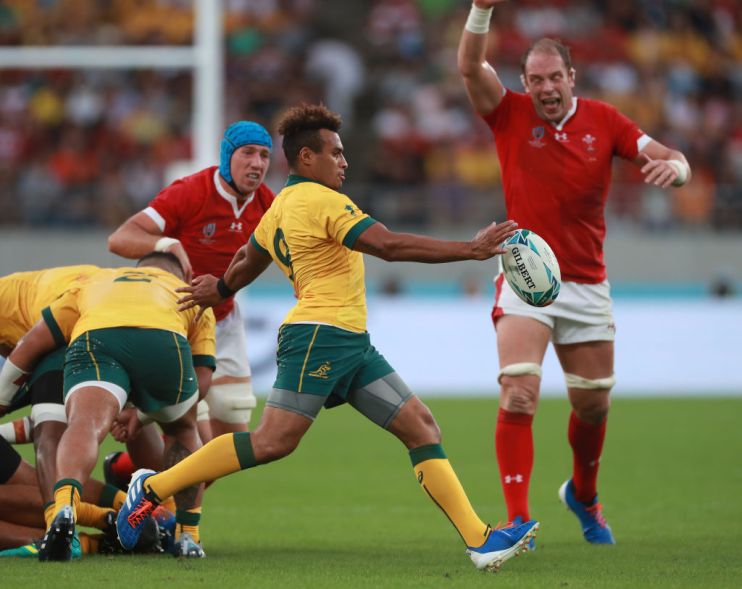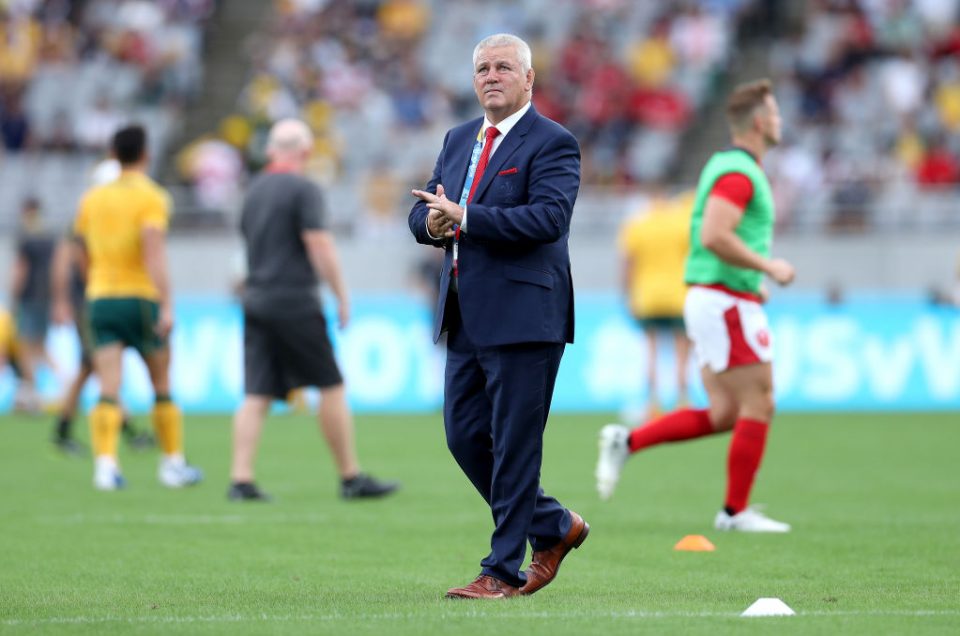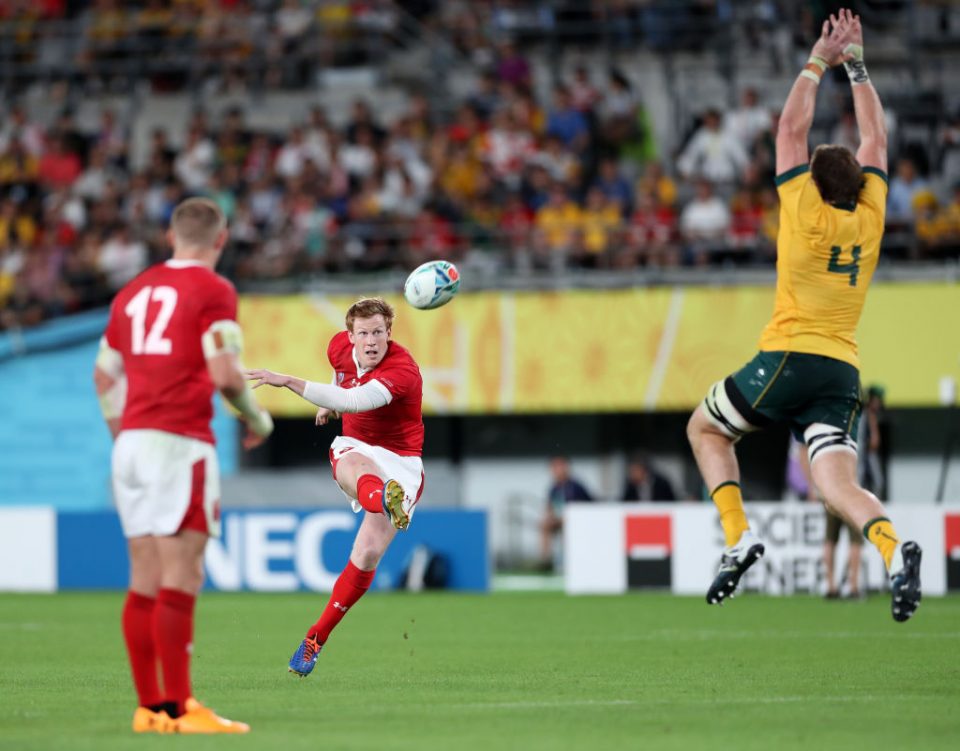Australia 25-29 Wales: Gatland’s side dig deep to hold onto “massive” win and determine their own World Cup pathway

As a head coach in a long tournament it is down to you to keep your players focused on what’s in front.
Wins are enjoyed, of course, but they should always be followed by assertions that more tests await.
After Wales’s hard-fought Rugby World Cup win over Australia, Warren Gatland followed the ascribed path of response in his post-match interview, talking up the credentials of next opponents Fiji, but his wide grin and description of the result as “massive” told the real story.
Read more: Five things we learned from England’s 45-7 win over USA
Wales have overcome their first major hurdle in Japan, showing their class, grit and determination to take full control, not just of Pool D, but of “our own destiny,” as Gatland put it.
Although no head coach would openly admit to it, being on the opposite side of the draw to defending champions New Zealand is desirable.

Victory in their second game, with just Fiji and Uruguay to come in Pool D, opens up a potential pathway to the business end of the tournament.
Captain fantastic
If the win was massive for Wales, it was even more special for captain Alun Wyn Jones, who surpassed Gethin Jenkins as his country’s most-capped player on his 130th Test appearance in Tokyo.
The giant second-row forward put in a typically powerful and selfless performance, getting through the unglamourous yet essential work in defence.
Having led 23-8 at half-time, Wales knew they were in for a bruising second half. Australia were always going to hit back, but Jones stood firm, making 23 of his team’s 153 tackles – six more than the next man – as Wales weathered the inevitable storm.
While his work-rate can be gauged by statistics, the 34-year-old’s leadership qualities are less quantifiable but just as important.
Drop it like it’s hot
In the end it came down to just four points and upon reflection the small margin of victory made one of Wales’s eye-catching tactics more impressive.
Drop goals remain a rare, arguably under-used method of scoring points, but Dan Biggar, just 30 seconds in – a World Cup record – and his replacement following a knock to the head, Rhys Patchell, both slotted vital kicks to ensure territory was turned into points.

“The way the game is now defensively, it’s pretty hard from 15m or 20m out to break sides down,” Gatland explained. “He [Biggar] just took the opportunity to take three points and keep the scoreboard ticking over as Rhys Patchell did as well.”
As well as a drop goal, Biggar produced a well measured cross-field kick for Hadleigh Parkes’s opening try, while Patchell nearly did the same for George North later. It was a strong showing from Wales’s fly-halves.
Soaking up pressure
The points were the main thing for Wales, but Gatland also spoke post-match of the “confidence-boosting” effect the result will have on his players. They faced up to the opposition, didn’t crumble and came through it.
“I think this team as a squad have grown up in terms of their game management – that’s improved significantly,” said Gatland.
“In that second half I thought our composure and fitness levels were really good and we soaked up a lot of pressure.”
Rattled Cheika
Defeat leaves Australia facing the harder side of the draw, but their reaction was dominated by yet more refereeing controversy, with head coach Michael Cheika fuming over a decision against his side.
The vitriol centred around a decision to award a penalty against Samu Kerevi for leading with the forearm in a collision with Patchell, who went in high with his challenge.
Cheika railed at what he views as double-standards following a three-match suspension handed to Australia’s Reece Hodge for a high tackle.
“As a rugby player, a former player, I am embarrassed here,” he raged. “I honestly don’t know the rules anymore.”
Main image credit: Getty Images